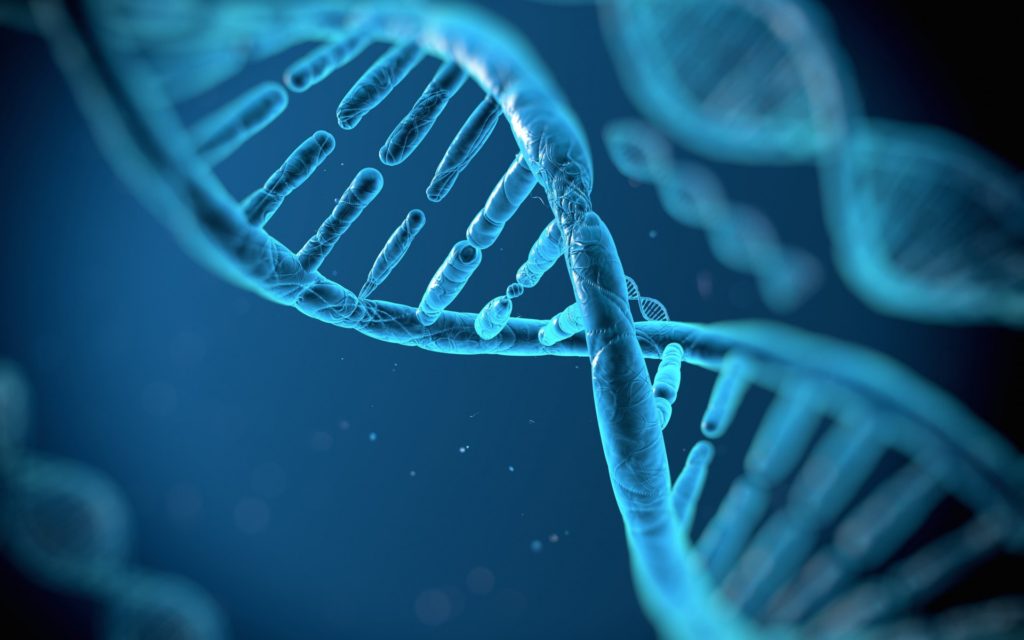At the 73rd AMERICAN SOCIETY FOR REPRODUCTIVE MEDICINE Scientific Congress (ASRM)
IGENOMIX presents a new non-invasive method to predict endometrial receptivity using endometrial liquid biopsy
-
The study was led by Prof. Carlos Simon and first author Dr. Felipe Vilella. Here the authors consider the use of endometrial fluid instead of traditional invasive biopsies, for a non-invasive and consequently painless diagnosis of endometrial receptivity and other applications such as the microbiome.
-
Until now, an endometrial biopsy was required to analyse endometrial receptivity, by analysing the transcriptome of the endometrium, to personalize embryo transfer.
-
This new methodology broadens the possibility of developing new endometrial tests using the same sample and opens the door to the possibility of performing personalized embryo transfer in the same cycle as the sample is taken.
San Antonio (TX, USA), 31 October 2017
The endometrium is a hormonally regulated organ that is non-adhesive to embryos throughout most of the menstrual cycle in humans. Endometrial receptivity refers to a limited period in which the endometrial tissue is able to receive the embryo to start a pregnancy. The diagnosis of endometrial receptivity is being used as a clinical test to manage endometrial factor in patients with implantation failure.
Until now, this procedure required the collection of an endometrial biopsy, an invasive and painful technique that delays the personalized embryo transfer (pET) until the next cycle. The scientific study presented at the 73rd ASRM Scientific Congress, which is taking place over the course of several days in San Antonio (TX, USA) considers the use of endometrial fluid instead of using a traditional endometrial biopsy. This new kind of sample consists of an endometrial liquid biopsy collected by a non-invasive method avoiding pain and discomfort to the patient. This technique will allow the development of a new, non-invasive approach, based on the analysis of the transcriptomic signature in the endometrial fluid (EF).
In the study, titled: Endometrial Fluid Transcriptomics as a New Non-Invasive Diagnostic Method of Uterine Receptivity, paired samples of EF and endometrial biopsy from the same patients (n=56) were analyzed separately. EF testing resulted in 100% sensitivity and specificity with no false positive or negatives vs traditional ERA (Endometrial receptivity analysis) from a biopsy sample.
This study paves the way towards a new diagnostic tool, which is less invasive and painless, to help to predict the window of implantation and personalize embryo transfer. It also allows for other applications such as testing of the endometrial microbiome as well as using a single endometrial liquid biopsy sample to perform multiple endometrial tests in one simple procedure.



